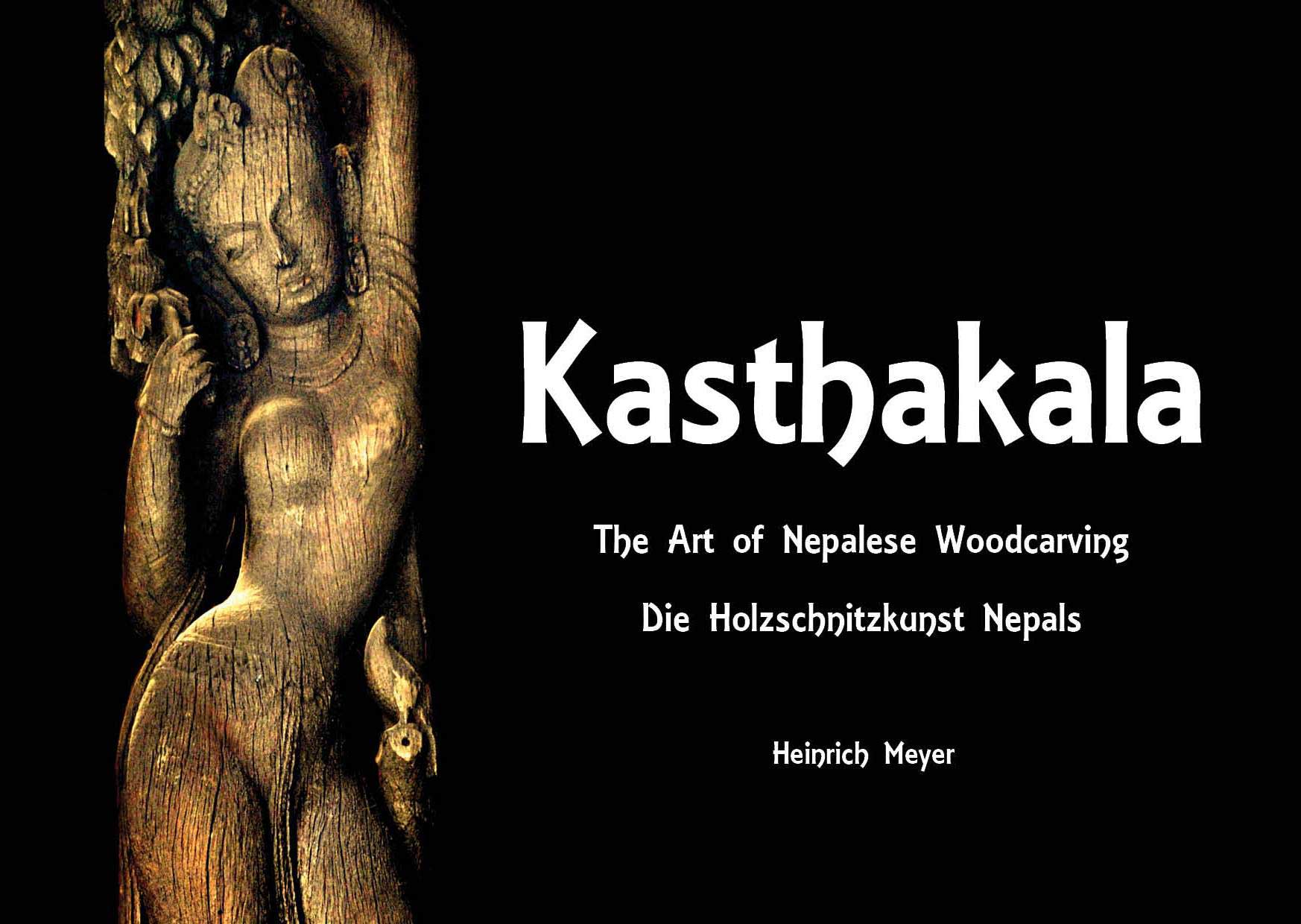Just next to New Road Gate and Bir Hospital is the Tribuvan Chandra Memorial Hospital. This military hospital was constructed in 1926 and named after the then king and prime minister of Nepal. On top of the hospital roof, one can see the statue of a Gurkha soldier in the uniform they wore during World War I. The Nepali soldier is popularly known all over the world as a Gurkha. The name is a derivative of the small principality of Gorkha, from where the founder of the Shah Dynasty, Prithvi Narayan Shah began his unification conquest of Nepal nearly 250 years ago. Ironically, the key leaders of the Maoists movement who are bent on ending monarchy in Nepal also come from the same district.
 In the 1814-16 Anglo-Nepal war, the Gurkhas earned themselves the reputation of being a fierce and extremely brave fighting force, who fought against the British and Indian troops. In 1833, Brian Hodgson, the British Resident representative in Kathmandu wrote a paper called the Military Tribes of Nepal in which he suggested that Gurkhas be recruited into the Indian army. In 1857, after the Nepali forces helped the British put down the “sepoy mutiny” in Lucknow, they decided to form the first Indian Gorkha regiments. In 1885, Bir Shamshere became the prime
In the 1814-16 Anglo-Nepal war, the Gurkhas earned themselves the reputation of being a fierce and extremely brave fighting force, who fought against the British and Indian troops. In 1833, Brian Hodgson, the British Resident representative in Kathmandu wrote a paper called the Military Tribes of Nepal in which he suggested that Gurkhas be recruited into the Indian army. In 1857, after the Nepali forces helped the British put down the “sepoy mutiny” in Lucknow, they decided to form the first Indian Gorkha regiments. In 1885, Bir Shamshere became the prime
minister of Nepal by assassinating his uncle Ranaudip. It is said that in order to get recognized by the British in Calcutta, Bir decided to lift all restrictions on Nepali youth wanting to join the Indian Gorkha regiments.
Taking up the offer by Prime Minister Chandra Shamshere to help the British, in March 1915, a force of 7,500 Gurkhas were sent to India under General Baber Shamshere and were deployed in the North West Frontier Province. By this time 26,000 Gurkhas were already serving in the regular Indian Gorkha regiments. During the course of World War I, Nepal, a country with a population of 5,000,000, had contributed 200,000 Gurkhas to help the British win. Besides soldiers, Nepal also contributed large amounts of money, timber and guns. On 21 November 1918, a public holiday was declared in Nepal to mark the British victory in WWI. It was with monetary rewards received for this service that the military hospital was built in Kathmandu in 1926. Now that a new military hospital has been built at Chauni below Swoyambhu, it would be wonderful to convert this hospital into a museum dedicated to the known and unknown Gurkha soldiers.
On 4 September 1939, the day Britain declared war on Germany, Prime Minister Juddha Shamshere offered 8,000 Gurkhas as aid. By the end of WWII 1,60, 000 Nepali hill men had fought for the British on different fronts. Of the 182 Victoria Crosses awarded in the Great War, ten were given to Gurkhas. British records show that 43,000 Gurkhas died in the two World Wars. Tul Bahadur Pun who is 84, and a Victoria Cross holder recently highlighted the plight of the Gurkhas when he was denied a visa for travel to Britain. He did get it after much litigation and street level advocacy.
The Khukuri – the knife that is synonymous to Gurkha bravery and ferocity is a well marketed product globally. You come across Gurkhas who have become policemen and guards just about anywhere in the world. Gurkhas have also earned quite a reputation for themselves by serving as a peace keeping force with the UN.
There are many jokes and stories that are told of the Gurkhas all over the world. The stories always combine their bravery and simple mindedness. As an example, one day the Gurkhas were told they were going Para-trooping and as it was their first time, they would be required to jump off planes at 10,000 ft. The Gurkhas protested and said they would only jump from 6,000 ft. The instructor explained the danger of the parachute not opening at such a low altitude. The Gurkhas laughed and said. “Oh, we are getting parachutes?”
In 1918, food production in the hills of Nepal fell due to the fact that many Gurkhas recruited for WWI either died or did not return to Nepal. Today, land and house prices are falling in Kathmandu, Pokhara and Dharan because the British Gurkhas are getting permanent resident status in the UK.











